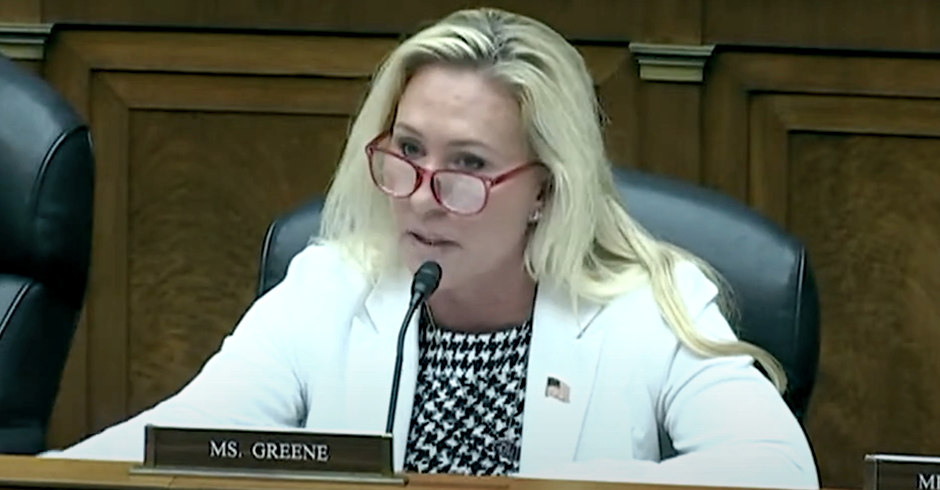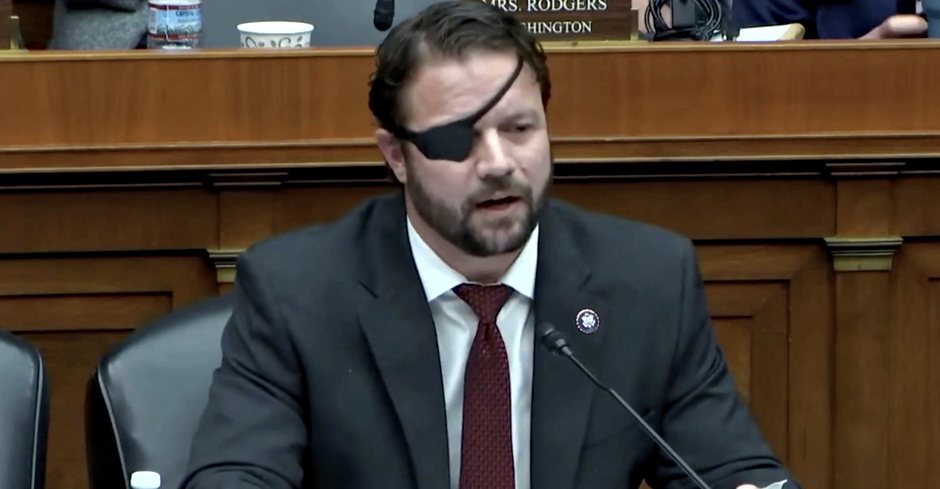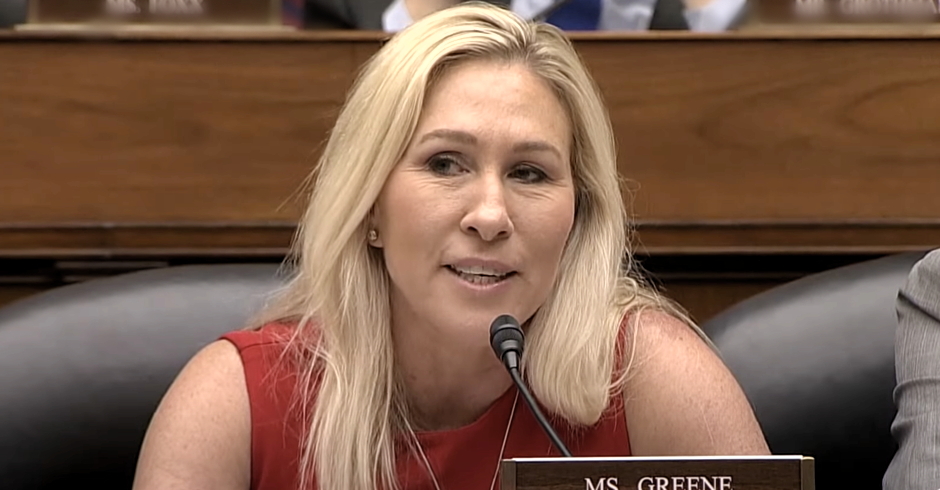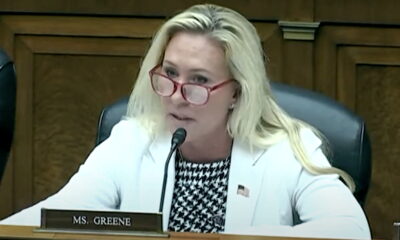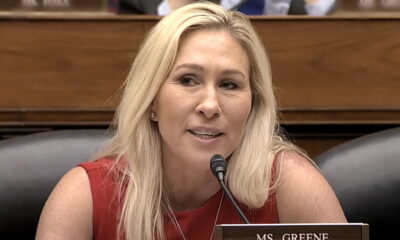Military Victims Of Sexual Assault Bipartisan Bill To Be Introduced
A bipartisan bill to support the 19,000 annual military victims of sexual assault in the United States Armed Forces is being introduced Wednesday in the House by Rep. Niki Tsongas (D-MA) and Rep. Mike Turner (R-OH). The Defense Sexual Trauma Response, Oversight and Good Governance Act (The Defense STRONG Act) would expand legal rights and protections for service members who have been victims of sexual assault.
In February, a lawsuit against the Department of Defense, DOD Chief Robert Gates and former DOD Chief Rumsfeld, was announced on behalf of fifteen women and two men for the Pentagon’s failure to make measurable progress and marked improvement and its abysmal record which appears to tolerate sexual abuse and rape.
Read: “Pentagon Faces Class Action Suit Exposing Military Sexual Abuse Crisis“
Service Women’s Action Network (SWAN), a national advocacy organization devoted to eliminating sexual violence in the U.S. military, led by executive director and former Marine Corps Captain Anu Bhagwati, joined in the February lawsuit and today announced their support of the introduction of the Defense STRONG Act.
“An estimated 19,000 servicemembers were sexually assaulted just last year. Most of them have barely a few months or years in service,” according to Bhagwati, who this morning stated, “With such junior rank, they are given few privileges, and barely any freedom of movement to flee their perpetrators, to seek help when they need it most, or to leave the units or bases where they are being brutalized. In a system that is entirely built on rank and intimidation, it is no wonder that survivors do not come forward more often about the most brutal, intimate and horrifying experience of their lives. In fact, according to DoD, only 13.5% of survivors made official reports last year.”
Politico claims that “DOD officials have made this issue a priority,” and cites “A report released last month [that] showed that 4.4 percent of women on active duty and 0.9 percent of men had reported unwanted sexual conduct in 2010, versus 6.8 percent of women and 1.8 percent of men in 2006.”
As The New Civil Rights Movement reported earlier this year, Panayiota Bertzikis, twenty-nine, a former Coast Guard member was raped by a shipmate while on a social hike off-duty in 2006. Bertzikis, now the executive director of the Military Rape Crisis Center in Somerville, Mass., spoke about the broader problem of not just the occurrence of rape, which is vastly under reported — even according to the Department of Defense — but about the larger issue, which is the manner in which the military as a whole deals with rape, after it is reported.
“The problem of rape in the military is not only service members getting raped, but it’s the entire way that the military as a whole is dealing with it,†said Bertzikis, who added, “From survivors having to be involuntarily discharged from service, the constant verbal abuse, once a survivor does come forward your entire unit is known to turn their back on you. The entire culture needs to be changed.â€
Bhagwati today added, “Survivors experience multiple forms of institutional betrayal after their initial rape, assault, or harassment,” and says, “the STRONG Act fixes many of these institutional failures.”
Stay tuned for further news and analysis on this breaking story.

Enjoy this piece?
… then let us make a small request. The New Civil Rights Movement depends on readers like you to meet our ongoing expenses and continue producing quality progressive journalism. Three Silicon Valley giants consume 70 percent of all online advertising dollars, so we need your help to continue doing what we do.
NCRM is independent. You won’t find mainstream media bias here. From unflinching coverage of religious extremism, to spotlighting efforts to roll back our rights, NCRM continues to speak truth to power. America needs independent voices like NCRM to be sure no one is forgotten.
Every reader contribution, whatever the amount, makes a tremendous difference. Help ensure NCRM remains independent long into the future. Support progressive journalism with a one-time contribution to NCRM, or click here to become a subscriber. Thank you. Click here to donate by check.
 |
